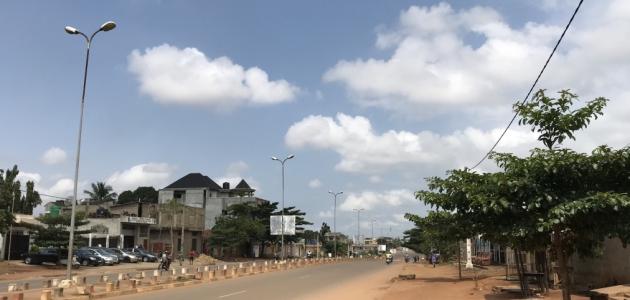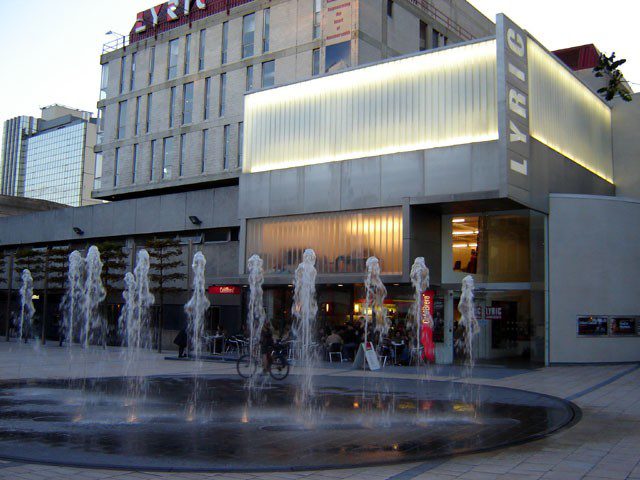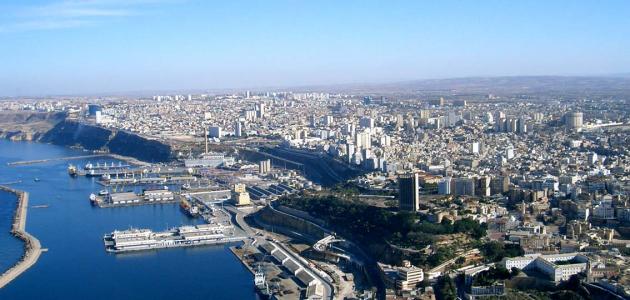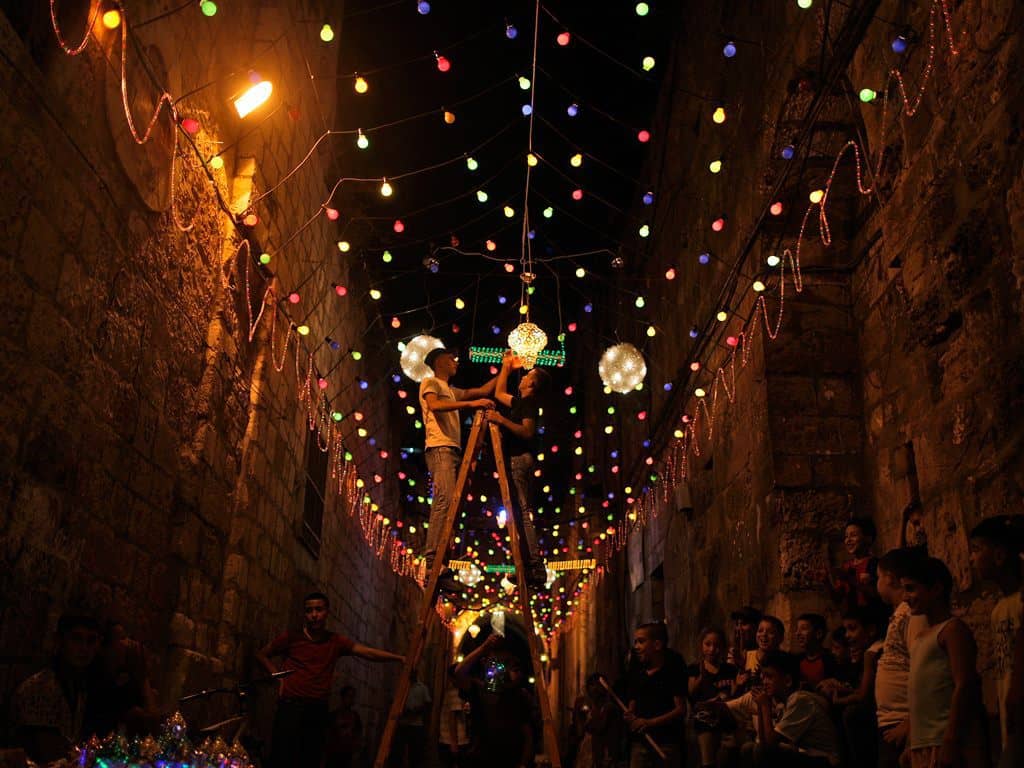Table of Contents
Archaeology
The life cycle requires that each generation reconstruct the land according to its conditions, requirements, and potentials, and after the people of that generation perish, their possessions remain. Where the succeeding generations can use them and benefit from them well. Antiquities is a term that refers to all the remaining material possessions of ancient generations; there is hardly a region in the world devoid of antiquities; except that the amount of this presence of antiquities is relatively different from one region to another, some areas are almost devoid of artifacts except from a very small number; Where such areas are considered to be historically and culturally poor areas, unlike other regions where the effects are very large, which reflects the extent of the richness of these areas, and the size of the historical and cultural wealth they possess.
Because of the importance of archeology on several levels, a new science has emerged called Archeology, which is concerned with the study of the past and history of previous human groups, and the material heritage of man, which includes all its tools and habitat, and extends to the art used and studied by man, and Arabs are among the most prominent Contributors to the establishment of archeology, through the exploratory missions they were undertaking, in addition to the historical museums they created to preserve historical monuments, and the books and literature that were issued in this regard. Mowaffaq al-Din Abd al-Latif al-Baghdadi is the first Arab archaeologist (1162 – 1231AD) to describe the archeology in detail, document and analyze it.
The genesis of archeology
Archeology did not begin with the way we know it today. In its beginnings, it was limited to studying the external effects of tall buildings and was not exposed to any process of burial, then it developed to become more dependent on the study of documents of all kinds. Recently, archeology has witnessed a great development, and it has become dependent on the methodology of research and exploration mainly, and archeology has benefited from many other sciences to assist it in its new methodology, and the most important of these sciences: geology, geomorphology, ecology, anthropology, technology, and science Calendar (chronological), and other sciences.
Archeology has also been known in the West since before BC, where it is mentioned that the Greek poet Homer who lived in the ninth century BC as one of the oldest archaeologists in Western history; along with his ancient Greek peers such as Toukidides who lived in the fifth century BC Herodotus, a traveler, and the ancient Greek ruins described by Pausanias, Xenophon, and Estraban. The Romens also wrote works on ancient monuments, among them Vitruvius who wrote a famous author on architecture, and Linus who wrote the book Natural History.
The importance of historical monuments
The effects cannot be counted as a minor thing. Many people, especially in our Arab societies, view it as a normal view and do not give it much importance even though it occupies a great position, for it is first and foremost the evidence that is the straitjacket and the straitjacket, which is the straitjacket and the straitjacket, which is the straitjacket and the straitjacket, which is the straitjacket and the straitjacket, which is the evidence of the Shadid Islamism and Christianity in Palestine Let Arabs and Muslims themselves begin to suspect that Palestine has them. It is worth noting here that there is a difference between the study of archeology and history, but it is not possible to dispense with one another because of the dependence of each of the two science on the other.
Archeology can also give us an idea of the ancient historical epochs, their shape, and nature, and the nature of the lives of the generations in which they once lived, and of the important effects in linking the past with the present and the future. Human knowledge of its past and present enables it to shape its future and the future of generations after it, and among the most prominent aspects of historical effects It is the urban heritage, which forms a link between the past and the present, and contributes to the definition of people in the civilization of their ancestors and their history, which creates a strong link between the homeland and the citizen, and contributes to introducing all citizens to their history and its preservation through its transmission between generations.
The importance of economic impacts
The importance of the economic effects lies in its being a major contributor to supporting the economy, whether directly or indirectly, and one of the most important economic aspects in which the effects contribute to it is to provide employment and support opportunities to society in terms of reducing unemployment; where investing the various archaeological sites and sites – especially In regions, governorates, cities, and remote and remote villages – to create job and economic roles for young people in those areas, which achieves population stability and supports families in need.
In this scope, the tourism sector is considered the first sector in finding job opportunities worldwide, according to the World Travel and Tourism Council, where figures indicate that the jobs that the tourism sector contributes to provide ranges between 2.1% – 6.5% of the total volume of employment in the labor market. , Which express a high percentage of the jobs required by the field of tourism services, of which antiquities and heritage are one of the main elements of attraction, and thus; the exploitation of antiquities in the right way contributes to creating a strong and integrated economy, and support the energies of youth.
Archeology plays an important role in social terms, as its place and social importance lies in the role it plays in forming the identity of the citizen, and its definition of its history and civilization and the values of its ancestors and their ways of life; which reflects positively on the increased affiliation of citizens to their country and their civilization, and contributes to bringing them closer to the history of their country, The implantation of national values is also strengthened, and the pride of the homeland is strengthened, resulting in strong cohesion among the people of the same people. Preserving antiquities helps preserve history, as it is a major source for preserving the country’s history and the history of the peoples in which it has lived, and reflects its original civilization in which it has existed since ancient times.
The importance of tourist monuments
Antiquities have an important and vital role in attracting tourists and thus improving the economy of countries. Tourism is an important, vital and effective source of income in different societies and countries – especially in areas that contain many important and vital archaeological monuments – that is, the people who are rich in it Precision in design, and creative ideas that were present among the scattered people and civilizations, which stimulates the economic movement in the countries they visit, where many job opportunities are available, and the movement is also invigorated. Trade in the tourist seasons, in addition to the interest of tourists in the various tourist facilities, which leads to the pumping of funds to the tourist countries in abundance.








